Danish Maritime is the sole trade and employer group dedicated to the Danish marine sector.
Its members comprise all major shipyards, including newbuild and repair yards, a diverse variety of marine manufacturers and suppliers, ship design firms, and several maritime service companies.
The association’s goal is to provide the optimum framework conditions for Denmark’s marine sector, as well as Danish maritime firms operating outside Denmark. As a result, Danish Maritime is also heavily committed to and active in promoting development opportunities through improved national and international frameworks across maritime industries.
Founded in 1919, the association fosters collaboration among member enterprises in a range of sectors —including research, development, and innovation—while also promoting favorable circumstances for the Danish maritime industry. It is a knowledge center that provides member firms, governmental bodies, and the media with the most up-to-date information on the maritime industry.
In this interview with Bridges, Jenny N. Braat, CEO of Danish Maritime, provides insight into the association, as well as its ties with Japan.
Bridges: Could you elaborate on some of Danish Maritime’s notable successes in fostering global competitiveness for the Danish maritime industry? Specifically, how has the association’s efforts contributed to enhancing Denmark’s position in the global market, including its relationships with key players like Japan?
Jenny Braat: In Danish Maritime, we work at all political levels to pursue the interests of our member companies. We are active participants in IMO, SEA Europe (the Shipyards’ & Maritime Equipment Association of Europe), and other relevant forums. In the global maritime market, there is intense competition; therefore, we work in the context of the European Union to safeguard the European maritime industry. In the Danish maritime industry, we are generally at the forefront of the green transition and digitalization, closely linked to the high innovation capacity of the Danish maritime industry. Danish Maritime is a strong believer in a level playing field, and we have been working for years to improve the framework conditions for the maritime industry.
In the Danish maritime industry, like the Japanese maritime industry, we are in search of colleagues who can meet the ever-increasing demands for a high level of competence. Therefore, Danish Maritime is engaged in various projects to increase people´s knowledge about the maritime industry and to attract young people. Our recruitment efforts span from primary school to the universities. It should be attractive to work in a sector which is increasingly green, digital, and which enables global trade.
In the Danish maritime industry, we are generally at the forefront of the green transition and digitalization, closely linked to the high innovation capacity of the Danish maritime industry.
Jenny N. Braat, Chief Executive Officer of Danish Maritime
The visit of the Japan Ship Machinery and Equipment Association a few years ago marked a significant event. Could you discuss the impact of such international collaborations on advancing technological innovation and market opportunities for Danish maritime manufacturers? How do these interactions with Japanese counterparts contribute to the overall growth and sustainability of the Danish maritime industry?
For Danish maritime manufacturers, and the industry in general, it is important to maintain close ties with other countries—especially countries that hold a high level of technological innovation. Therefore, interaction with the Japanese maritime industry is much appreciated by the Danish maritime industry. As a sparring partner for international collaborations and technological development, the Japanese maritime industry is highly valued. For more than four decades, Mitsubishi has been supplying MAN Energy Solutions with turbochargers for their engines, while several Danish companies deliver products to Japanese shipbuilding ventures. These are the sort of mutual collaborations that serve as drivers toward enhanced technological solutions.
Several Danish maritime companies have, for years, been present in the Japanese maritime market, and several Japanese maritime companies have affiliates in Denmark. But there is still room for more collaboration between Japan and Denmark; we believe that the collaboration serves as support to strengthen the competitiveness of both our nations.
Given the importance of the Japanese market for Danish Maritime’s members, what strategies does the association employ to strengthen and expand its presence in Japan? Furthermore, how do you navigate potential challenges or barriers to entry in this market, ensuring Danish maritime equipment and ships remain competitive and sought-after in Japan’s maritime industry?
In 2022 Danish Maritime and the Japan Ship Machinery and Equipment Association (JSMEA) signed a Memorandum of Understanding. The memorandum stated our joint intentions of strengthening and further developing the bilateral cooperation within the maritime industry by solving mutual challenges.
Denmark and Japan are both actively working for peace and stability globally, and our two countries share a common interest in being up to date on maritime military knowhow and technologies.
Geopolitically, maritime defense has become significantly more important. This is especially true for countries surrounded by the sea, such as both Denmark and Japan. Denmark and Japan are both actively working for peace and stability globally, and our two countries share a common interest in being up to date on maritime military knowhow and technologies. Furthermore, both Denmark and Japan are mutually engaged in enforcing environmental regulations. Both our countries are working towards a global level playing field within shipbuilding, and both countries respect intellectual property rights. In other word our countries are very like-minded.




